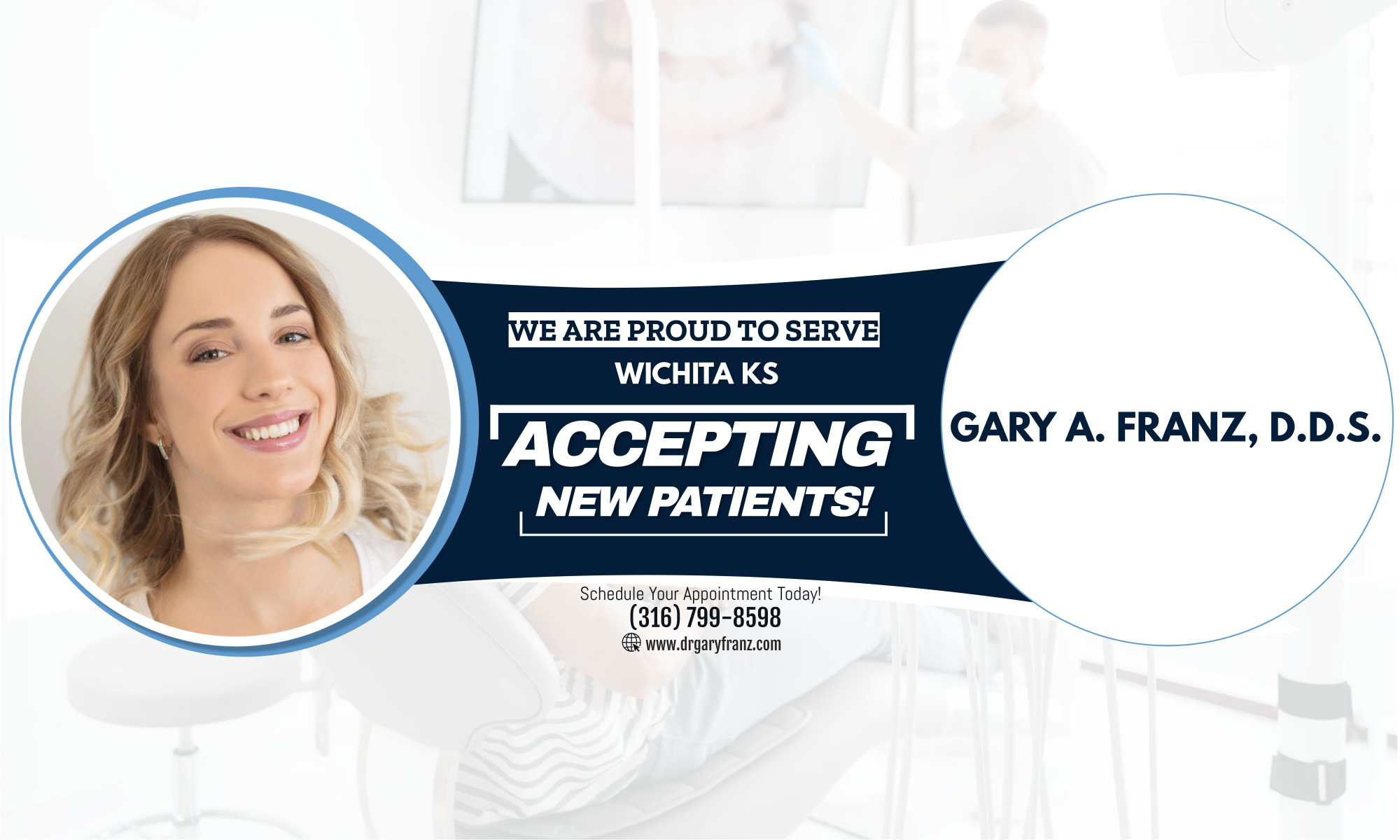The habits of good dental care should begin as early as possible and its important to take steps to avoid problems with infants and children.
Children need strong, healthy teeth to chew their food and baby teeth also keep a space in the jaw for the adult teeth.
If a baby tooth is lost too early, the teeth beside it may drift into the empty space. So, when it’s time for the adult teeth to come in, there may not be enough room. This can make the teeth crooked or crowded.
The name given to decay in infants and children is baby bottle tooth decay.
It can destroy the teeth and most often occurs in the upper front teeth – though other teeth may also be affected.
Decay can happen when sweetened liquids are given to an infant and are then left clinging to their teeth for long periods. Many sweet liquids cause problems, including milk, formula and fruit juice.
What happens is that bacteria in the mouth use these sugars as food and then produce acids that attack the teeth.
It’s not just what you put in your child’s bottle that causes decay, but how often. Giving your child a bottle of sweetened liquid many times a day isn’t a good idea.
Here are some tips to avoid baby bottle tooth decay in your children:
– After each feeding, wipe the baby’s gums with a clean gauze pad. Begin brushing your child’s teeth when the first tooth erupts. Clean and massage gums in areas that remain toothless, and begin flossing when all the baby teeth have erupted, usually by age 2 or 2.
– Never allow your child to fall asleep with a bottle containing milk, formula, fruit juice or sweetened liquids.
– If your child needs a comforter between regular feedings, at night, or during naps, give them a clean pacifier recommended by your dentist or physician. Never give your child a pacifier dipped in any sweet liquid.
– Avoid filling your child’s bottle with liquids such as sugar water and soft drinks.
– If your local water supply does not contain fluoride (a substance that helps prevent tooth decay), ask your dentist how your child should get it.
Start dental visits by the child’s first birthday and make visits regularly.
If you think your child has dental problems, take the child to the dentist as soon as possible.
